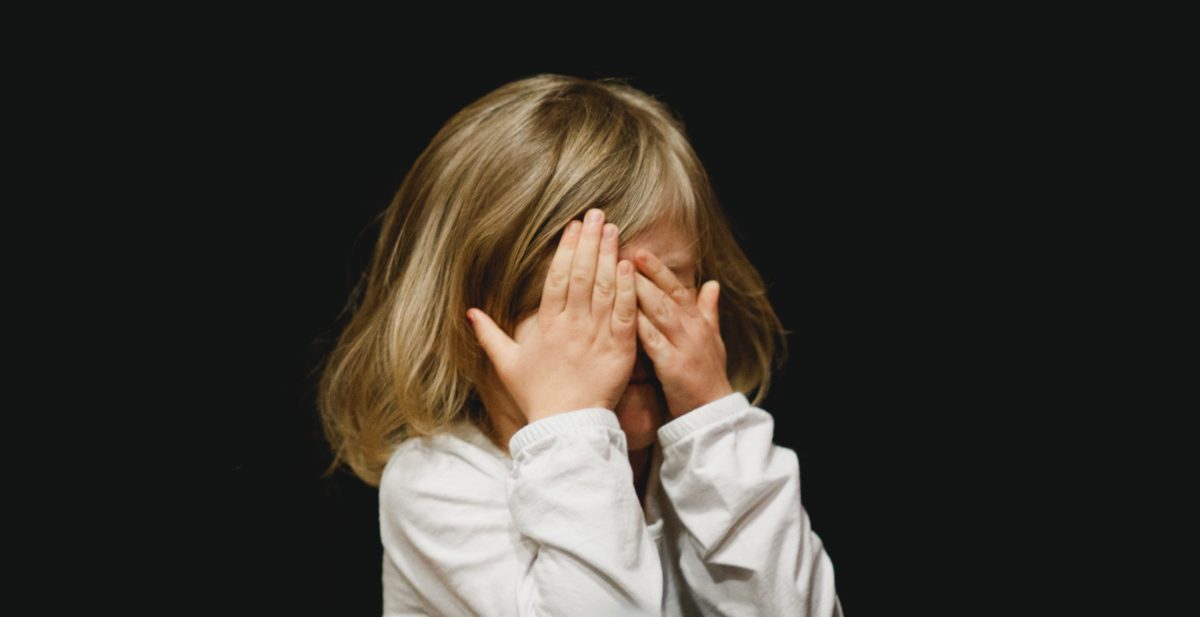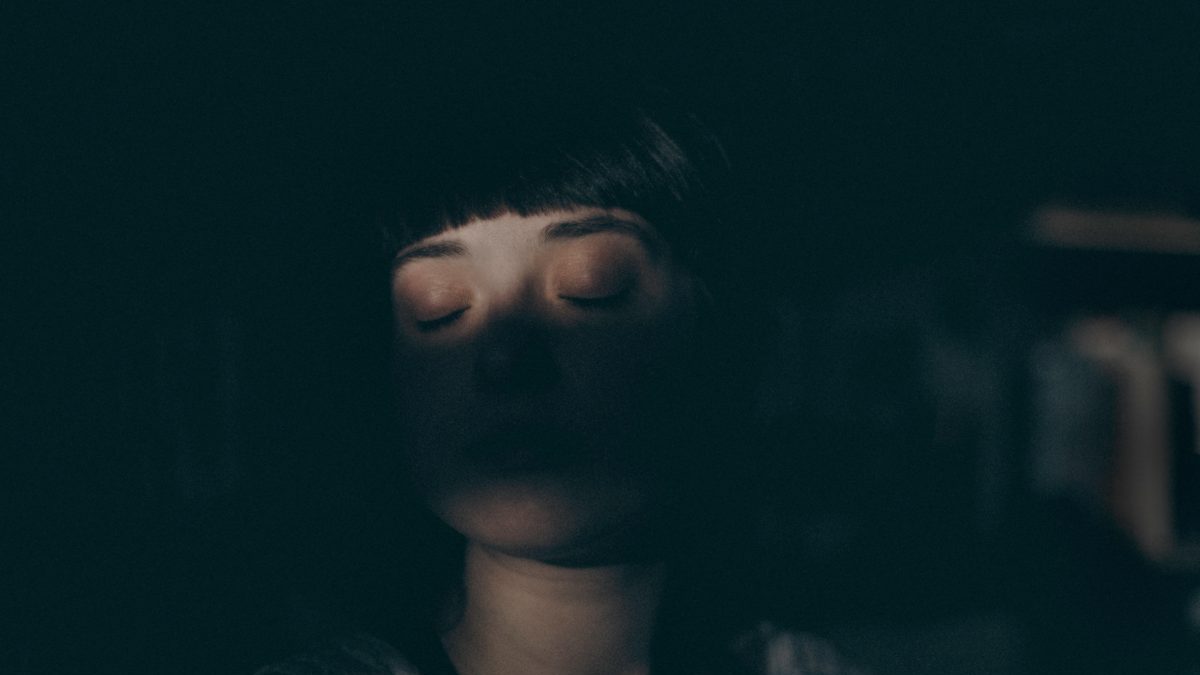Going blind is a relatively common and understandable fear. After all, we rely on our eyesight every single day, and, without it, many of us would struggle a lot, at least for a little while. Because of this, it makes sense to take care of your eyes and do what you can to avoid any unnecessary and preventable damage. Unfortunately, with so many myths and misconceptions out there, it can be difficult to know exactly what to do to protect your vision. To help you out, here are five common myths you should ignore.

Watching TV Will Hurt Your Eyes
Despite what parents try to tell their children, electronic screens won’t cause vision loss, whether you’re sitting far too close or have been using them for far too long. Of course, staring at a screen for hours on end is going to cause some strain and dryness, but this won’t make you go blind or give you square eyes. Just remember to take plenty of breaks, blink frequently, and use lubricating eye drops if you need them.
Reading In The Dark Is Damaging
Reading in the dark can give you a headache, and, as such, certainly isn’t ideal, but that doesn’t mean that it will damage your eyes. Everyone has read in dim light at some point in their life, and, luckily, all this will ever do is cause your eyes to get a bit tired. They may go blurry at some point, but this is a temporary problem and will go away when you have a rest. That being said, you should avoid reading in dark light, when possible, and point a lamp on the page while reading.
Looking Into The Sun Is Safe
Whether you wear sunglasses or not, looking directly into the sun is never a smart thing to do. Some people believe that doing so can strengthen your eyes and help to improve your vision, but this couldn’t be further from the truth. Unless you have sunglasses that block UV rays completely, which none do, you could damage your retina, cornea, and lens, which can cause blindness.
Vision Loss Always Happens With Age
Most people face issues with eyesight when they get older, as vision does naturally deteriorate as our bodies age. However, that doesn’t mean that your sight is definitely going to get worse. There are a number of things that you can do to slow down deterioration and protect your vision, including attending a regular eye exam, eating a healthy diet, and wearing sunglasses. If you take precautions, there’s no reason why you should definitely lose your sight
Carrots Can Improve Your Eye Health
Unfortunately, no matter how many snowman noses you eat, it’s not going to help you to see in the dark, but that doesn’t mean that carrots are completely useless. In fact, they can help to protect the surface of your eye, but only because they are a source of vitamin A. Of course, considering that many fruits and leafy greens are also a source of this vitamin, carrots aren’t quite the miracle eye food many people believe them to be.
Hopefully, now that you understand the truth behind a few of the more common eyesight myths, you’ll know how to protect your own vision.
Contributed Content


